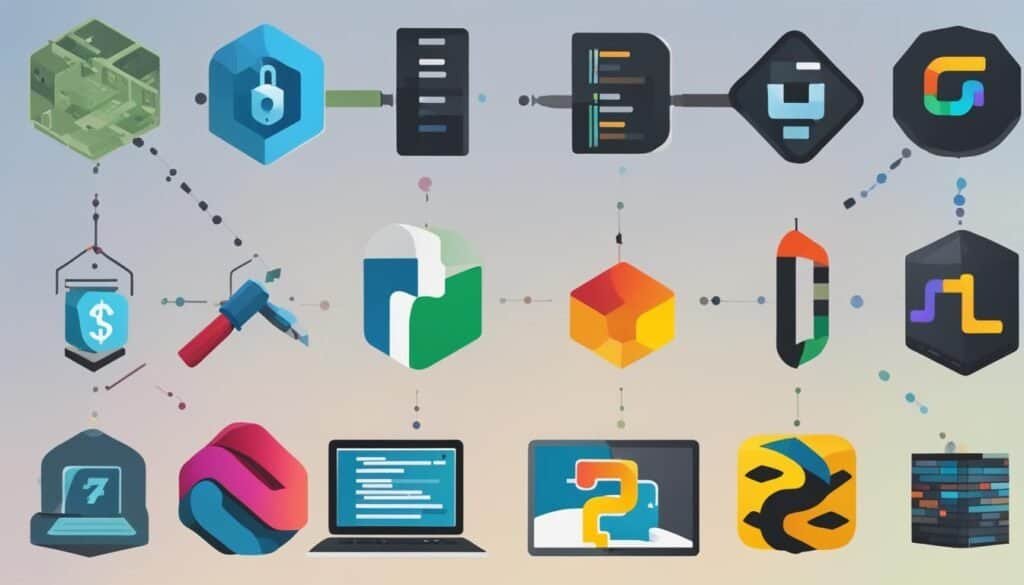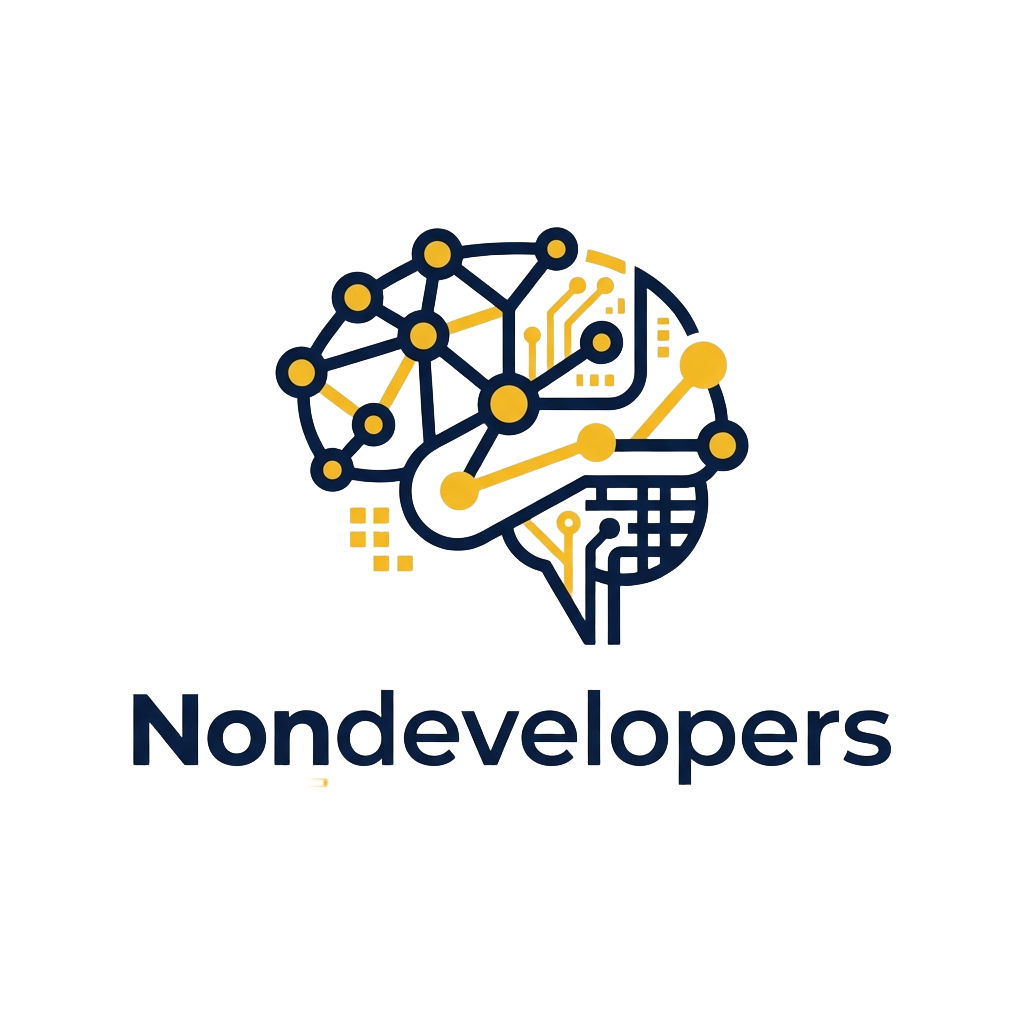In recent years, Python has emerged as the go-to programming language for ethical hackers. With its versatility and powerful libraries, Python has become an invaluable tool for hacking tasks, network tools, and writing hacking scripts. This article delves into the reasons why Python is the preferred choice for ethical hacking and explores the use of Python in performing a simple dictionary attack.
Key Takeaways:
- Python has become the language of choice for ethical hackers due to its versatility and powerful libraries.
- Ethical hacking is the practice of identifying vulnerabilities in computer systems or networks and reporting them to improve security.
- Python's simplicity, extensive community support, and readability make it an ideal language for ethical hacking.
- Python is commonly used for password cracking and dictionary attacks, where hackers compare hashed passwords with a password file's hash.
- Understanding multiple programming languages like Python, JavaScript, PHP, SQL, and C empowers hackers to target different systems and execute varied hacking strategies.
What is Ethical Hacking and Why Use Python?
Ethical hacking is the practice of scanning vulnerabilities and finding potential threats in computer systems or networks. It involves identifying weaknesses or loopholes and reporting them to organizations to improve their security. As an ethical hacker, I find Python to be an invaluable tool in this field. Python is a general-purpose scripting language that is highly popular among professionals and beginners alike. Its simplicity and powerful libraries make it an ideal choice for ethical hacking.
Python is widely used in ethical hacking due to its readability, ease of use, and extensive community support. Being a versatile language, it allows me to build hacking scripts, develop network tools, and automate various tasks. The vast number of libraries available in Python makes it easier to perform complex hacking operations with just a few lines of code. Whether I need to perform network scanning, create exploits, or crack passwords, Python provides the necessary functionality.
Learning Python is not only beneficial for ethical hackers but also opens up doors to various career opportunities in the cybersecurity industry. With the increasing number of cyber threats, the demand for skilled professionals who can protect systems and networks is on the rise. By mastering Python and its hacking techniques, individuals can establish themselves as valuable assets in the field of ethical hacking.
In conclusion, Python is a powerful language that plays a significant role in ethical hacking. Its simplicity, extensive libraries, and community support make it the preferred choice for many hackers. By utilizing Python, ethical hackers can identify vulnerabilities, develop exploits, and secure computer systems and networks. With continuous learning and adaptation to new hacking techniques, Python remains a valuable tool in the ever-evolving field of cybersecurity.
Using Python for Password Cracking
Python is a popular programming language for password cracking and is commonly used by ethical hackers to perform dictionary attacks. In a dictionary attack, the hacker compares a hashed password with the hash values of plain text passwords from a password file. Python's hashlib library allows hackers to generate and compare password hashes efficiently, making it a valuable tool in the password cracking process.
By utilizing Python's extensive libraries, hackers can automate the generation and comparison of password hashes, significantly speeding up the cracking process. Python's readability and ease of use make it an ideal choice for designing and executing dictionary attack scripts. Additionally, Python's versatility allows hackers to customize their approach and adapt it to different scenarios, enhancing their chances of success.
With the help of Python, ethical hackers can perform dictionary attacks on password files, test the strength of security measures, and identify weak passwords that may be susceptible to brute-force attacks. This knowledge enables organizations to strengthen their security protocols and protect their systems from unauthorized access. Python's role in password cracking highlights its value as a tool for ethical hacking and reinforces its position as a preferred language in the cybersecurity industry.
The Best Programming Languages for Hacking

When it comes to hacking, having a solid understanding of programming languages can make all the difference. Different languages offer unique capabilities and functionalities that hackers can leverage to exploit vulnerabilities in software and systems. Here are some of the best programming languages used by hackers:
Python
Python is a preferred language for hacking due to its simplicity and extensive libraries. It is widely used for writing hacking scripts, building network tools, and automating various hacking tasks. Python's readability and ease of use make it a popular choice among both professionals and beginners in the cybersecurity industry.
JavaScript
JavaScript is commonly used for hacking web applications. With its ability to manipulate website elements and interact with the browser, hackers can exploit vulnerabilities in web-based systems. JavaScript allows for the execution of malicious code, making it a valuable language for hackers targeting online platforms.
PHP
PHP is a server-side scripting language that is popular for web hacking. It enables hackers to manipulate server-side processes, interact with databases, and inject malicious code into vulnerable web applications. PHP's widespread use in web development makes it an important language to know for hackers.
SQL
SQL is crucial for database exploitation and performing SQL injection attacks. These attacks involve manipulating SQL queries to gain unauthorized access to a database or extract sensitive information. Understanding SQL allows hackers to exploit vulnerabilities in poorly secured databases.
C
C is a low-level programming language that provides hackers with direct access to system resources. It is commonly used for exploit writing, creating malware, and performing sophisticated attacks. C's ability to bypass security measures and interact closely with hardware makes it a powerful language for hackers.
By understanding and mastering these programming languages, hackers can enhance their hacking capabilities and target a wide range of systems and applications. However, it is important to note that using these languages for malicious purposes is illegal and unethical. Ethical hackers utilize their programming skills responsibly to help organizations improve their security and protect against cyber threats.
Conclusion
As a professional copywriting journalist, I have explored the important role of programming languages in ethical hacking. With the ever-increasing threats in the cybersecurity landscape, it is crucial for hackers to possess programming knowledge in order to effectively understand and exploit vulnerabilities.
Python, with its simplicity and extensive libraries, has emerged as a preferred choice for ethical hackers. Its versatility allows for writing hacking scripts, building network tools, and automating various hacking tasks. Python's readability, ease of use, and extensive community support make it an ideal language for beginners and professionals alike.
While Python is a valuable tool, it is important to note that other programming languages such as JavaScript, PHP, SQL, and C also have their own significance in the hacking world. JavaScript is commonly used for hacking web applications, PHP is popular for web hacking and manipulating server-side scripting, SQL is crucial for database exploitation, and C is used for exploit writing and creating malware.
As the cybersecurity industry continues to evolve, it is essential for ethical hackers to constantly learn and adapt to new programming languages and techniques. By utilizing their programming skills responsibly, ethical hackers play a vital role in protecting systems and networks from cyber threats.
Are Python Programs Used in the Creation of Hacking Tools?
Python programs play a crucial role in the development of hacking tools, as they provide a versatile and efficient framework. Programmers utilize Python's extensive libraries and modules to create tools that exploit vulnerabilities, test security measures, and assess the resilience of computer systems. Python's simplicity, readability, and wide adoption make it a favored language for crafting these tools. Understanding how hacking tools are made requires knowledge of Python's capabilities and its potential for both ethical and malicious purposes.
FAQ
Can hacking be done with Python?
Yes, Python is widely used for ethical hacking due to its versatility and powerful libraries.
What is ethical hacking and why use Python?
Ethical hacking is the practice of scanning vulnerabilities and finding potential threats in computer systems or networks. Python is widely used in ethical hacking for its simplicity, readability, and extensive community support.
How is Python used for password cracking?
Python is commonly used for password cracking and performing dictionary attacks. Hackers can use Python's hashlib library to generate and compare password hashes, enabling them to crack passwords efficiently.
What are the best programming languages for hacking?
The top programming languages used by hackers include Python, JavaScript, PHP, SQL, and C. Python is favored for its simplicity and powerful libraries, while other languages have specific purposes in hacking.
What is the importance of programming knowledge in ethical hacking?
Programming knowledge plays a crucial role in ethical hacking as it allows hackers to understand and exploit vulnerabilities effectively. Python, along with other languages, empowers hackers to target different systems and execute varied hacking strategies.





